
Not everyone is able to finish high school, and not everyone can obtain a qualification. For those who are unable to study at a general level, Latvia is introducing the concept of "vocational basic education," which aims to encompass those young people who today remain outside the educational system.
Where to Place Underachievers
By the end of 2026, the Ministry of Education and Science (MES) is required to develop and present to the government an information message regarding proposals for "inclusive education." "Ensuring synergy with the principles of social measurement and guiding lines of the entire higher education space in Europe," is grandly stated in the document that the MES, under the leadership of Dace Melbarde ("New Unity"), presented to the Saeima Commission on Education, Science, and Culture.
In practical terms, this means that vocational education will introduce a so-called second level, i.e., "a professional qualification that corresponds to theoretical and practical training, allowing for partial independent execution of simple tasks in a specific area of practical activity."
In particular, there will be attempts to teach the following specialties: construction worker, forestry worker, wood processing worker, assembly worker, food production worker, sewing assistant, shoe repair assistant, kitchen worker, domestic service worker, sales assistant.
What If the Nut Is Not Tightened?
A forestry worker is one thing. But your author, upon reviewing this list, seriously pondered: would he, for example, want to eat food prepared with the involvement of these employees?
On the other hand, constant car repairs, regularly returning to the same defects, indicate that the work is being carried out by personnel who are, shall we say, alternatively gifted...
Perhaps it would be better to find less potentially dangerous areas of activity for disabled individuals of groups I and II, whom they want to push into the labor market. After all, the officials who write such projects seem to have no idea what will happen when a young person does not tighten a nut, or places a log incorrectly on a sawmill, or when a young lady, let’s say, does something unsanitary with a salad being prepared...
Nevertheless, within this framework, there are already 898 people studying in Latvia. Not exactly a small number — enough for a whole large enterprise, if we take current national standards.
Heterogeneous Environment
In addition to everything else, assistants will be required to help train the aforementioned categories, who will assist them "in a paid workplace, in connection with other physical and legal entities."
Meanwhile, throughout Latvia, the transition of vocational education has also been completed (albeit formally) exclusively into the state language. Well, at least: "Teaching and methodological resources have been developed for work in a linguistically heterogeneous environment.

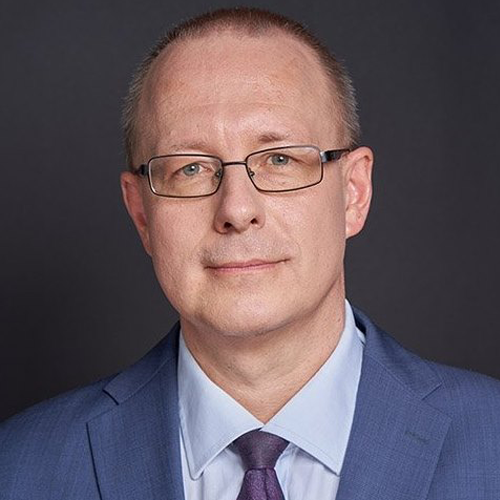
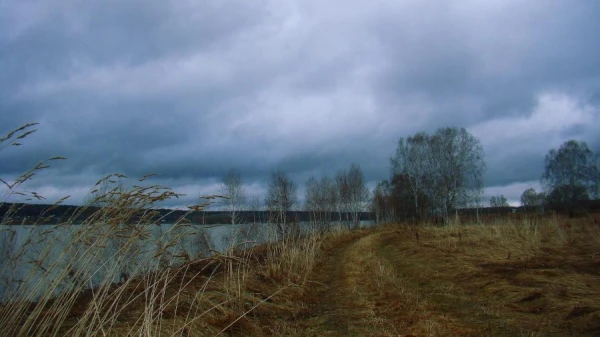
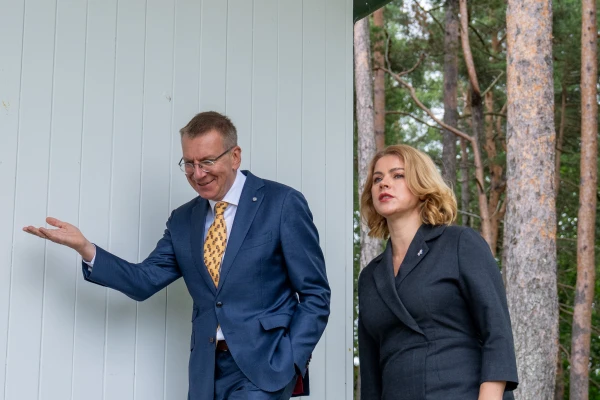
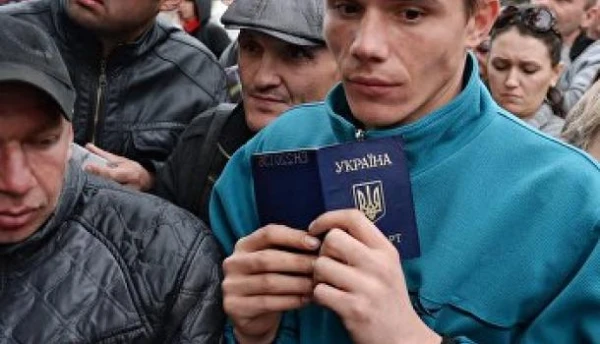
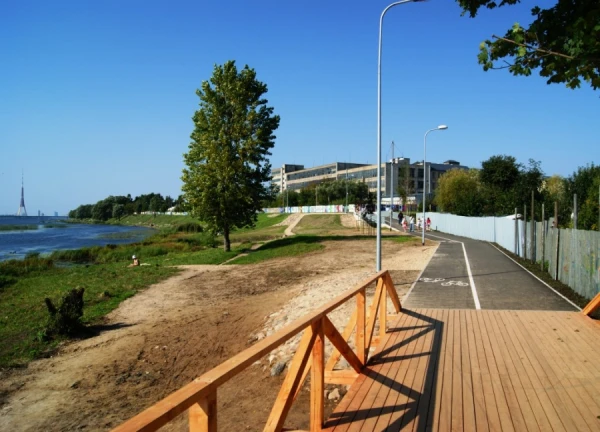

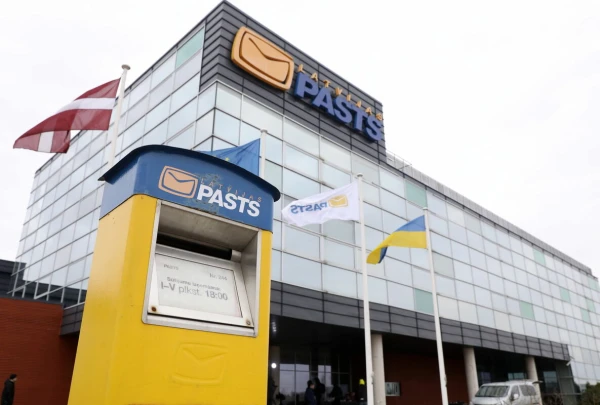


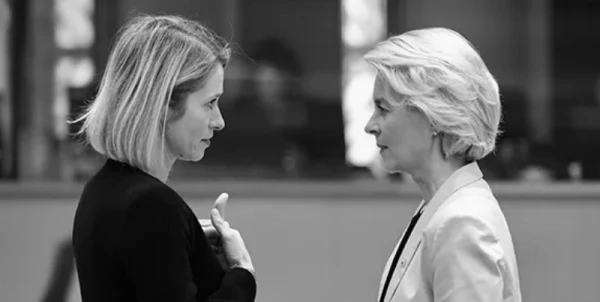
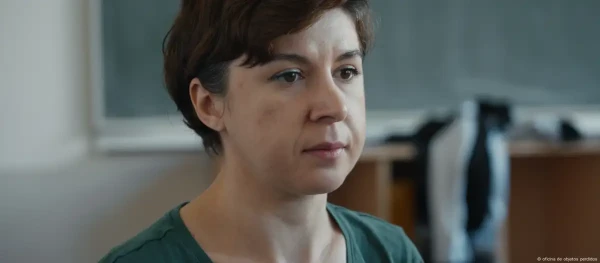

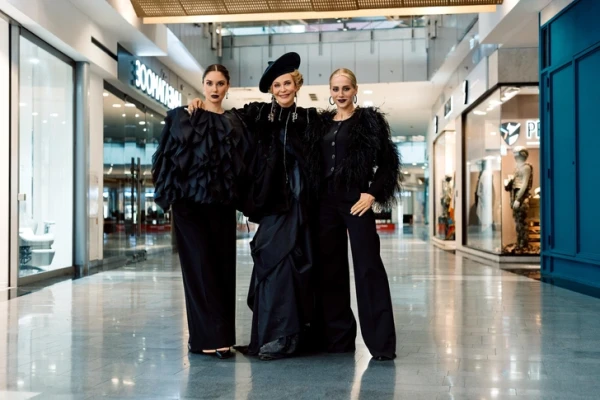

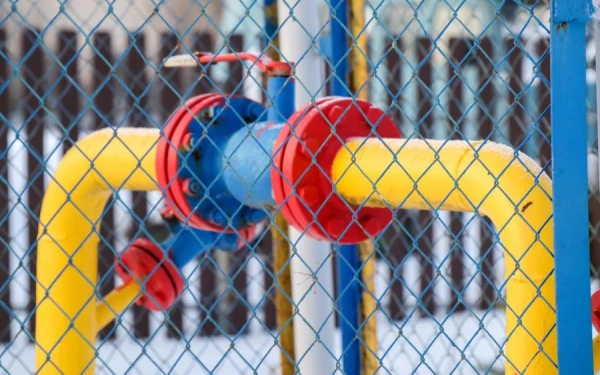
Leave a comment